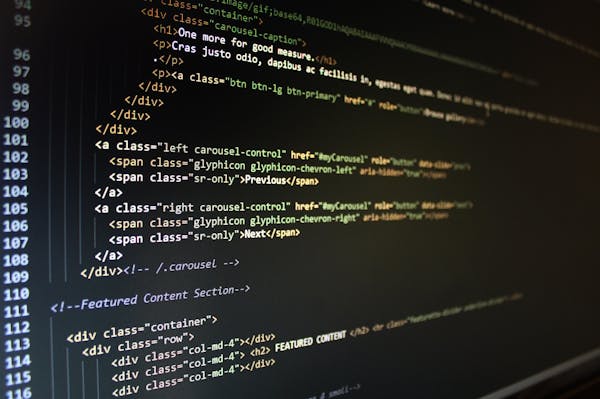Web Scraping and Crawling: Navigating the Legal Landscape
In today's digital age, web scraping and crawling have become increasingly popular techniques for extracting data from websites. These techniques involve using software to automate the process of collecting information from the internet. However, while web scraping and crawling can be valuable tools for businesses and researchers, there are also important legal considerations to take into account.
Web scraping and crawling raise a number of legal issues, including copyright infringement, trademark infringement, breach of contract, and violations of various laws and regulations. Below, we will discuss some of the key legal considerations when it comes to web scraping and crawling.
Copyright Infringement
Copyright law protects original works of authorship, including text, images, and videos. When you scrape content from a website, you may be infringing on the copyright owner's exclusive right to control how their work is reproduced and distributed. Even if the information you are scraping is publicly available, it may still be protected by copyright law.
To avoid copyright infringement, you should consider obtaining permission from the copyright owner before scraping their content. If you are unable to obtain permission, you may need to rely on fair use or other legal defenses.
Trademark Infringement
Trademarks are words, phrases, symbols, or designs that are used to identify and distinguish the goods or services of one company from those of another. When you scrape content from a website, you may be infringing on the trademark owner's exclusive right to use their mark in connection with their goods or services.
To avoid trademark infringement, you should be careful not to use any trademarks that belong to others in a way that could create confusion among consumers. This may include avoiding the use of trademarks in your domain name, metatags, or other website elements.
Breach of Contract
Many websites include terms of service or user agreements that prohibit web scraping and crawling. If you violate these agreements, you may be liable for breach of contract.
To avoid breaching these agreements, you should carefully review the terms of service for any website you plan to scrape. If the terms prohibit web scraping, you should either seek permission from the website owner or find another source for the information you need.
Legal Compliance
In addition to copyright, trademark, and contract law, web scraping and crawling may also implicate other legal requirements, such as privacy laws, data protection laws, and antitrust laws. For example, if you are collecting personal information from websites, you may be subject to data protection regulations such as the GDPR or CCPA.
To ensure legal compliance, you should consult with an attorney familiar with the relevant laws and regulations. They can advise you on how to navigate the legal landscape and avoid any potential liability.
Conclusion
Web scraping and crawling can be powerful tools for collecting information from the internet, but they also raise a number of legal considerations. To avoid potential legal issues, you should carefully consider the copyright and trademark implications of your scraping activities, review the terms of service for any website you plan to scrape, and ensure that you are in compliance with any relevant laws and regulations. By taking these steps, you can minimize the risk of legal liability and make the most of these valuable techniques.
#Website crawling tools for beginners, #Advanced website crawler software, #Website spidering and indexing techniques, #Best practices for website crawling and scraping, #Optimizing website crawlers for speed and efficiency, #Web scraping and crawling legal considerations, #Website crawling and data extraction for SEO analysis, #Using website crawlers for competitive intelligence, #Automated website crawling and monitoring solutions, #Web data extraction and parsing tools for large websites, #Crawling e-commerce websites for product data, #Extracting social media data using website crawlers, #Scraping news websites for headlines and articles, #Web scraping techniques for extracting structured data, #Web scraping and crawling for academic research purposes




0 Comments